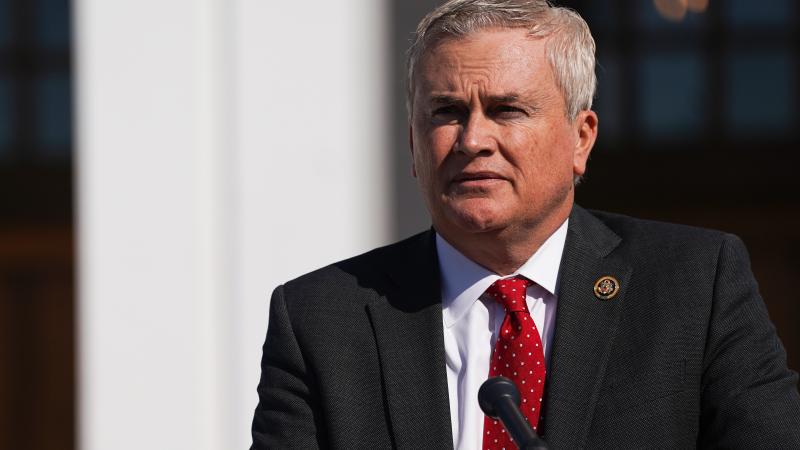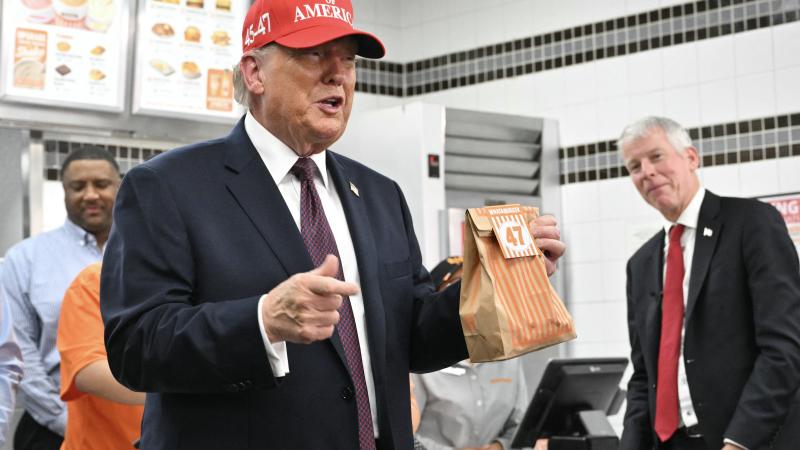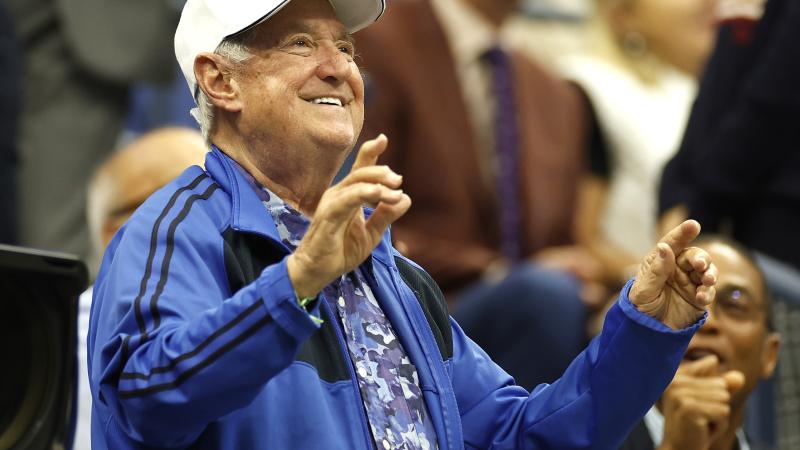SCOTUS asked to hear challenge to New York’s concealed carry law
A lawsuit filed by a New York gun owner challenges the state's new restrictions barring gun owners from carrying weapons in parks, bars and other "sensitive" locations and requiring them to demonstrate "good moral character" to get a gun permit.
(The Center Square) — The U.S. Supreme Court is being asked to hear a legal challenge to New York's sweeping 2022 gun control law, which sets limits on who can get concealed carry permits.
A lawsuit filed by a New York gun owner challenges the state's new restrictions barring gun owners from carrying weapons in parks, bars and other "sensitive" locations and requiring them to demonstrate "good moral character" to get a gun permit.
In December, the 2nd U.S. Circuit Court of Appeals reversed a lower federal court decision that had gutted the law, which set a list of public areas where firearms are not permitted. The three-judge panel lifted that order, saying most of the gun law's restrictions were consistent with the country's history of regulating firearms in public areas.
But the plaintiff in the new legal challenge ripped the 2nd Circuit's decision, arguing in the 38-page complaint that it was based on flawed interpretation of the Second Amendment's requirements.
"To justify New York’s widespread carry ban across much of the state, the panel below concocted a historical tradition composed almost entirely (and at times exclusively) of mid-to-late 19th-century statutes that reveal nothing about what the Second Amendment meant to those who ratified it," they wrote.
The plaintiffs ask justices to decide if 1791, when the Second Amendment was ratified, is the proper historical time period for ascertaining its original meaning rather than 1868 and whether 'the people' must convince government officials of their “good moral character” before exercising their Second Amendment right to bear arms in public.
The law, signed by Gov. Kathy Hochul in July 2022, sought to close "loopholes" in private gun sales by tightening firearm licensing and sales rules to make it harder to purchase a gun. It also defined private properties as “restricted” areas where carrying a gun is illegal.
The changes were approved in response to the U.S. Supreme Court's landmark decision in the N.Y. State Rifle and Pistol Association v. Bruen case, which struck down a New York law requiring applicants to show “proper cause” to get a permit to carry a firearm.
A group of gun dealers filed a request to the Supreme Court to block the state's new firearm law regulations requiring background checks for private firearms and ammunition sales from going into effect. But Justice Sonia Sotomayor rejected the 11th-hour appeal to block the state's new background check system, and the law went into effect on Sept. 13.
Despite that, Justices Samuel Alito and Clarence Thomas wrote that the challengers should return to the Supreme Court if the court of appeals didn't move quickly to resolve the disputes over the law.
The lawsuit is one of many legal challenges to New York's strict new gun control policy enacted after a landmark U.S. Supreme Court decision last year overturned previous restrictions.
The Bruen ruling prompted New York and other Democrat-led states to tighten their gun laws to further restrict firearm carrying, which spurred other legal challenges from Second Amendment groups.
But plaintiffs in the latest legal challenge argue that New York's 2022 update to the concealed carry law is an attempted end run around the Bruen decision.
"It is quite difficult to understand Bruen’s criticism of 'suitability' not to include 'good moral character,'" they added. "And it is even more difficult to believe that this Court would approve the discretionary power to deny carry licenses to 'all Americans' unless they first 'convince a licensing officer’ of their general morality."
















